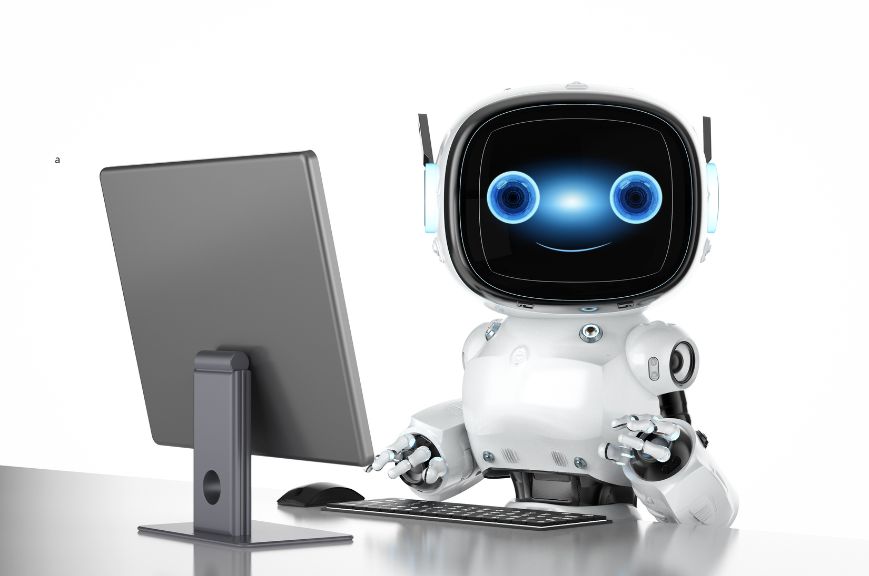If someone had said, a few years ago, that WhatsApp would become the main sales channel for Brazilian businesses, many would have called it an exaggeration. But the 2024 numbers leave no doubt: with 169 million users in the country, according to Statista, the app is no longer just for chatting—it has become a marketing, customer service, relationship-building, and conversion tool—and has turned into the primary communication channel between brands and consumers.
The phenomenon grew so much that specialized platforms emerged to transform WhatsApp into a highly automated business environment. This is the case with Dispara Aí, a tool created by IRRAH TECH to connect businesses and consumers in a scalable way without losing the human touch.
“We don’t want to robotize relationships. The goal is to automate repetitive tasks and allow humans to focus on what really matters: delighting, selling, and solving,” explains Luan Mileski, head of product and business at IRRAH TECH, a technology group specializing in retail solutions that operates in over 70 countries.
The platform allows brands to create customized automation flows, such as welcome messages, automatic reminders, smart promotions, and active post-sales—all seamlessly integrated with tools like ChatGPT, RD Station, Google Calendar, Hotmart, and others.
Here’s how it works: a pizzeria, for example, can identify when a customer last placed an order and, weeks later, send a promotional coupon based on that history. An online course can reach out to a student who hasn’t completed a module, offering AI-powered support. And an e-commerce store can run targeted campaigns based on location or purchase behavior—all within WhatsApp.
“Imagine ordering a pizza on a Friday night, and two months later, you receive a friendly message from the same restaurant: ‘Hi, how are you? Today marks 60 days since you ordered that Calabresa pizza with Catupiry crust. How about repeating the order with a 10% discount?’ This kind of interaction with consumers is more than necessary,” he explains.
If you’re a clothing store, you can reach out to customers who bought 30 days ago with suggestions for new items. If you’re a clinic, you can confirm appointments and send pre-consultation instructions—without human intervention but with a conversation that feels handwritten.
“Dispara Aí was born to solve this bottleneck: how to serve thousands of people quickly without turning into a cold assembly line. The answer lies in intelligent automation, which understands context and maintains closeness,” highlights Mileski.
In an environment where consumers demand immediate responses, personalization, and fluidity, platforms like this take center stage. According to the study ‘WhatsApp Business Messaging Trends’ (2024), 81% of Brazilians prefer to chat with brands via WhatsApp, and 61% have already made a purchase through the app.
“What was once improvisation is now strategy. Automation on WhatsApp isn’t just about convenience—it’s become a matter of competitiveness. After all, whoever responds first sells first. And whoever anticipates the customer builds loyalty,” he concludes.


